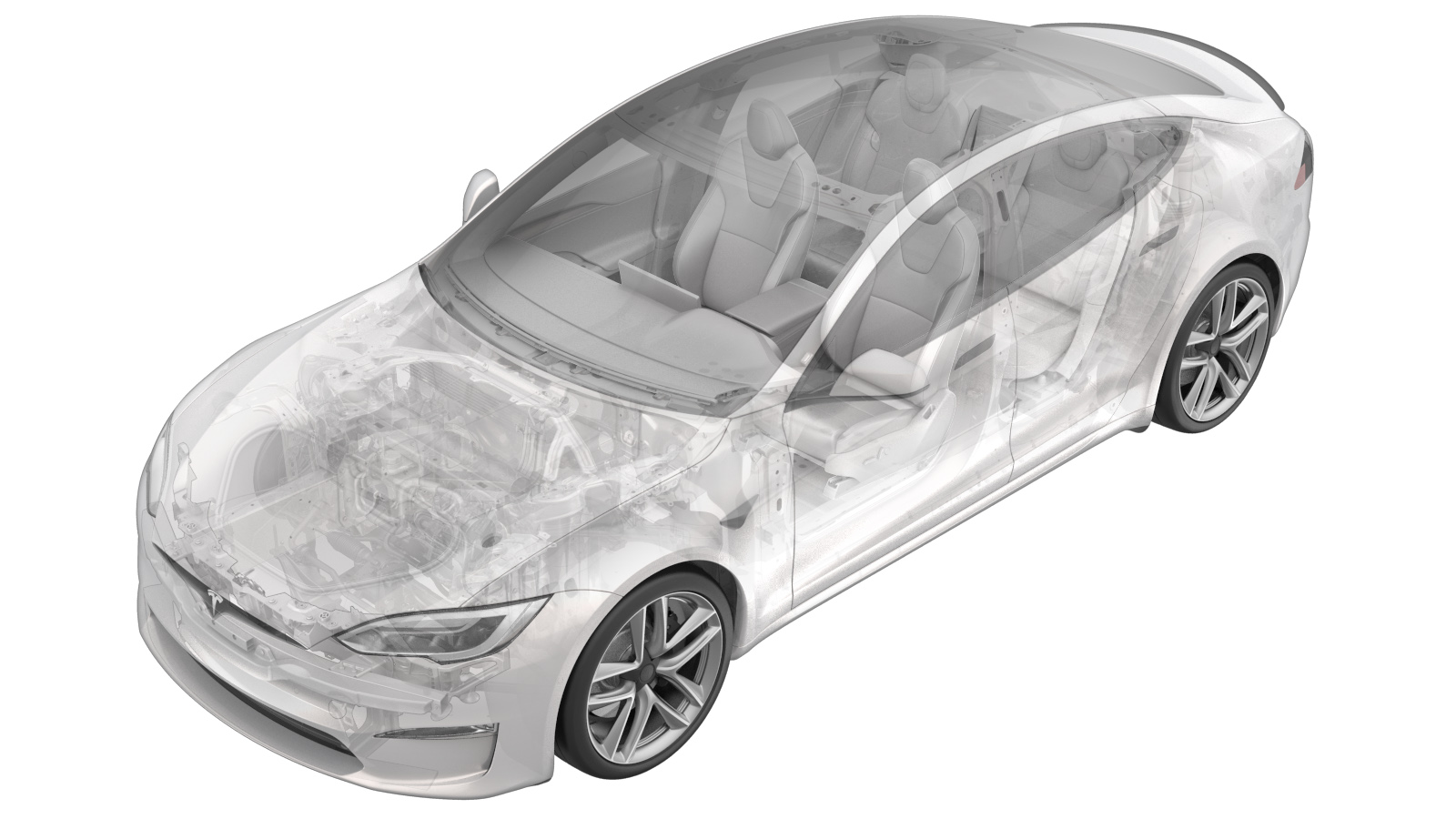HV Battery Air Leak Test (In Vehicle)
 Correction code
16102100
0.36
NOTE: Unless otherwise explicitly
stated in the procedure, the above correction code and FRT reflect all of the work
required to perform this procedure, including the linked procedures. Do not stack correction codes unless
explicitly told to do so.
NOTE: See Flat Rate Times to learn
more about FRTs and how they are created. To provide feedback on FRT values, email ServiceManualFeedback@tesla.com.
NOTE: See Personal Protection to make sure proper PPE is worn when
performing the below
procedure.
Correction code
16102100
0.36
NOTE: Unless otherwise explicitly
stated in the procedure, the above correction code and FRT reflect all of the work
required to perform this procedure, including the linked procedures. Do not stack correction codes unless
explicitly told to do so.
NOTE: See Flat Rate Times to learn
more about FRTs and how they are created. To provide feedback on FRT values, email ServiceManualFeedback@tesla.com.
NOTE: See Personal Protection to make sure proper PPE is worn when
performing the below
procedure.
- 2025-04-30: Added upper and lower limit and note to hang hose to reduce strain.
Procedure
- Move the vehicle to a 2-post lift. See Raise Vehicle - 2 Post Lift.
- Remove the rear underhood apron. See Underhood Apron - Rear (Remove and Replace).
- Disconnect LV power. See LV Power (Disconnect and Connect).
- Remove the mid aero shield panel. See Panel - Aero Shield - Rear (Remove and Replace). .
-
Carefully remove the gore breathers
(x4) from the breather assembly at the rear of the HV battery pack.
-
Insert tapered plugs into three
breather holes so that they fit snugly.
CAUTIONDo not push plugs too far inside.
-
Install the leak test adapter into the
fourth breather hole.
NoteUse an S-hook or zip tie to hang the hose to reduce strain at the insertion point.
-
Connect the enclosure leak tester hose
to the leak test adapter.
NoteRestrain the enclosure leak tester hose so that it will not tug the leak test adapter out of the HV battery.
-
Turn valve P2 (left) and valve P1
(right) to the closed (vertical) position on the enclosure leak tester.
- Turn the knob on the regulator to the fully closed setting.
-
Connect the supply compressed air line
to the enclosure leak tester.
-
Turn valve P1 (right) to the open
(horizontal) position and slowly adjust the regulator so that 0.3 psi is displayed on
the gauge.
NoteDo not go below 0.27 psi or above 0.33 psi.
-
Make sure that the regulator is set to
0.3 psi.
-
Slowly turn valve P2 (left) to the
open (horizontal) position and allow air to enter the HV battery.
- Allow 60 seconds for the pressure to stabilize.
-
Turn valve P1 (right) to the close
(vertical) position.
- Record the beginning pressure value and start a 30 second timer.
-
After 30 seconds has elapsed, record
the end pressure value, and then substract the end pressure value from the beginning
pressure value.
- If the pressure difference is more than 0.026 psi, inspect the HV battery for leaks, turn valve P2 (left) to the close (vertical) position, and retest from step 12.
- If the pressure difference is 0.026 psi or less, continue to the next step.
-
Disconnect the supply compressed air
line from the enclosure leak tester.
- Slowly turn valve P1 (right) to the open (horizontal) position, and allow air to exit the HV battery.
-
Disconnect the enclosure leak tester
hose from the leak test adapter.
-
Remove the leak test adapter from the
fourth breather hole.
-
Remove the tapered plugs from the
three breather holes.
-
Carefully install the gore breathers
(x4) into the breather assembly at the rear of the HV battery pack.
NoteIf damaged, replace with part number 1108907-00-B.
- Install the mid aero shield panel. See Panel - Aero Shield - Rear (Remove and Replace).
- Connect LV power. See LV Power (Disconnect and Connect).
- Install the rear underhood apron. See Underhood Apron - Rear (Remove and Replace).
- Remove the vehicle from the 2-post lift. See Raise Vehicle - 2 Post Lift.